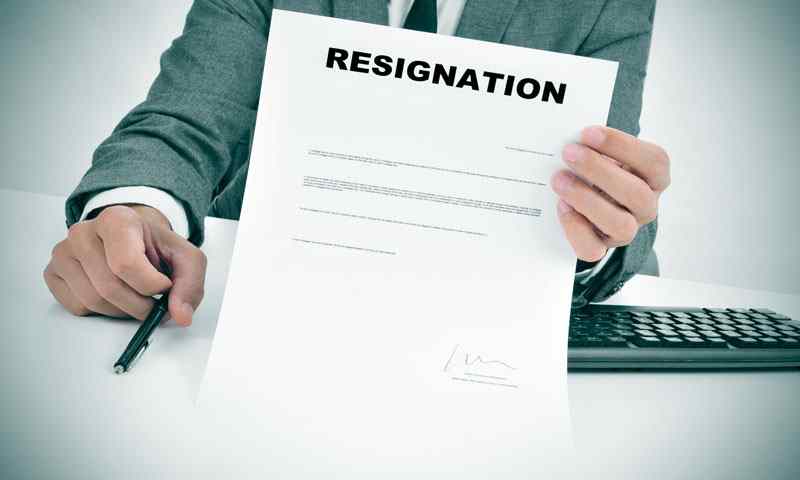Hundreds of passengers from the Costa Concordia and close to 1,000 businesses from the island where the ship ran aground are suing Carnival Corp., based in Miami. There are some legal obstacles that could force the plaintiffs to sue the company in Italy, where the cruise ship ran aground. The lawsuits against Carnival have been filed in state and federal courts. The lawsuit claim that Carnival is responsible for the safety violations, recklessness and negligence that could have caused the accident on January 13 that killed 32 people. Carnival is the parent company of Costa, which operates the ship.
“Costa Cruise Lines is the alter ego of Carnival,” Edward Ricci said. His lawsuit represents Giglio Island businesses that lost money from the accident. The businesses are centered around tourism. Costa is headquartered in Genoa, Italy and the ship never docked in a U.S. port but Ricci said that Costa answers to Carnival, which is in the U.S.
“It is from this headquarters that the tragic crash of the Costa Concordia could have been prevented by insisting on better training of officers, safer operation and navigation of ships, and elimination of the reckless practice of ‘sail-by salutes,’” Ricci said in the lawsuit.
Claims similar to the ones in the Ricci lawsuit are made in four other suits, one of which was filed last week. The lawsuit filed last week is representing 155 passengers from 14 countries, some of which are citizens of the U.S. Carnival claims that the Costa brand is separate from Carnival and that the lawsuits should be filed in Italy.
“This is an Italian dispute and should be tried in an Italian court,” said Thad Dameris, representing Carnival. “This case has no real connection to the United States.”
It is being claimed by attorneys suing Carnival that the courts in Italy take too long compared to U.S. courts when dealing with such lawsuits. The attorneys also say that they cannot file class action suits in Italy, which is what the businesses of Giglio Island want in the lawsuit.
An attorney for five U.S. citizens suing Costa Concordia because of the accident, Gabrielle D’Alemberte, said that Italy does not permit attorneys to work for a contingency fee, which is where the fees for the lawyer come from the settlement or the verdict. D’Alemberte also said that claiming pain and suffering and emotional stress are harder to do in Italy.
“This was traumatizing at every level,” she said. “That’s a cause of action in this country. It’s not in Italy.”











































